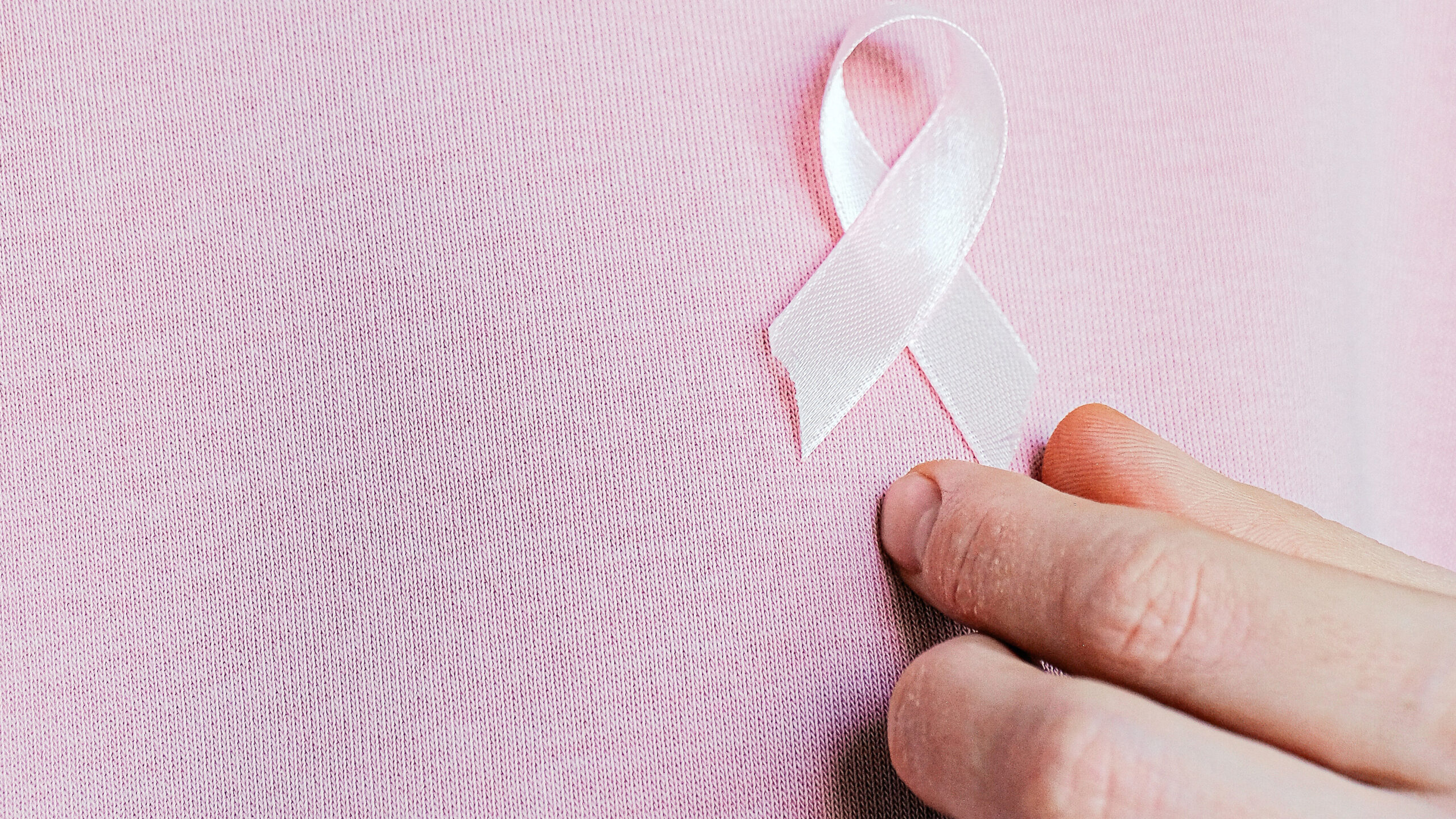Breast cancer in men accounts for only a tiny percentage of cases but there is still need for more research, doctors say.
Because male breast cancer accounts for only one per cent of cases and the chance of getting it is only one in 100,000, it is “not on many people’s radar,” said Dr. Danny Vesprini of Sunnybrook hospital.
Vesprini said rates of breast cancer are higher among Black men.
“Although there might be a small genetic component that they are predisposed to having breast cancer or aggressive diseases, it could be also all the socio-economic and racial factors,” he said.
“Breast cancer is so rare, it’s hard to really know,” he said. “But if you use prostate cancer as the surrogate, Black men who get the disease do worse than non-Black men, and it’s because they’re treated not as aggressively.
“There is also a lot of mistrust towards the medical system due to the systemic racism, which makes it harder for Black men to come forward and receive a diagnosis,” Vesprini said.
Genetics play a big role in the chances of men getting the disease.
“About 10 to 15 per cent of men who get breast cancer will have a mutation in one of the genes that we know predisposes men to the illness, whereas in women, it is much lower than that,” Vesprini said.
Dr. Anne C. Koch from the Princess Margaret Cancer Centre said more research is needed because the current approach doctors take in treating male breast cancer has stemmed from women’s breast cancer research.
“Men typically present with breast cancer at a more advanced stage,” Koch said. “However, male and female breast cancer outcomes are comparable when you match for age and the stage of disease.”
Bret Miller is the founder of the U.S.-based Male Breast Cancer Coalition, through which he shares his story in order to help other men deal with the disease.
Miller, of Kansas City, Kan., said he first felt the lump on his right breast when he was 17 years old.
“We had no medical insurance at the time, so at a school physical night, I asked two doctors to check out the lump,” he said. “Neither doctor was concerned. All they said was, ‘Let’s keep an eye on this… it’s a calcium build up… you’re becoming a man… it would go away.’
“Well, that never happened,” he said.
Seven years later, the lump was removed and Miller got the shocking news that he had breast cancer.
In addition to sharing about 150 survivor stories, the coalition has created a mini-series called “Men Have Breasts, Too!”
“In it, you’ll meet men diagnosed with breast cancer, learn about male breast cancer and the impact genetic mutations have on them and their families, see stories from family members of survivors, thrivers and men lost to the disease, and much more,” the coalition said.

